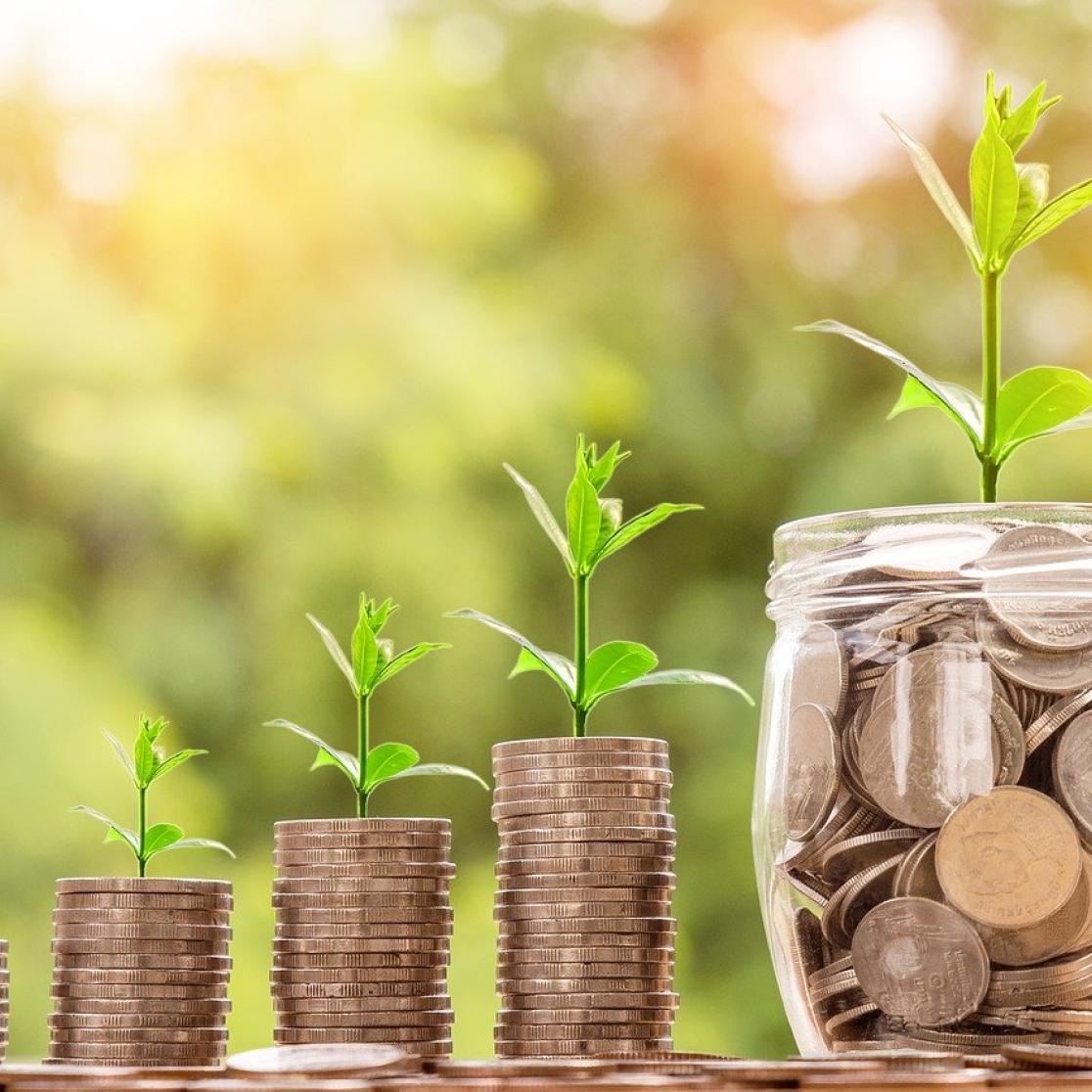Sustainability education
Maastricht University aims to equip all students with the knowledge, skills and mindset to become responsible global citizens and agents of sustainable change. Sustainability is being integrated across all programmes, guided by the Global Citizenship for Sustainable Development framework.
Through Problem-Based Learning and interdisciplinary collaboration, students are encouraged to critically engage with real-world challenges—from climate change to social inequality. UM also supports staff in embedding sustainability into their teaching and fosters student-led initiatives that bring sustainable thinking to life on campus.
Education at UM is not only about learning about sustainability, but also learning for sustainability—empowering students to make a meaningful impact in their future careers and communities.
Read more about:
- UM-wide Minor Sustainability - click here
- The topic sustainable development in courses and programmes at UM (see below)
- Climate Fresk - Click here
Sustainability grant for course/module development - click here
The topic sustainable development in courses and programmes at UM
UM's aim is to integrate sustainable development in all programmes. Each educational program incorporates sustainable development (competencies) into the core curricula in a way that is appropriate and relevant to the programme. This is done by finding faculties' unique perspectives and ways to add value to contribute to a sustainable world.
Since the project team has started taking count of courses which integrate the topic of sustainability, sustainable development, and/or the Sustainable Development Goals into their course descriptions in 2018-2019, the number of courses has increased substantially. Since then, the count has gone up from 9 to more than 57 Bachelor level courses, and from 17 to more than 33 Master level courses for the academic year 2022-2023. For an overview of the courses and programmes on various levels, please see here.
Climate Fresk
Are you a student or staff at UM and would you want to know more about the science behind climate change? Do you want to become empowered to take action on climate change? Or would you be interested in determining whether this workshop would be a valuable training for students in your own programme or faculty? Read more about the Climate Fresk workshops at UM.
Are you interested in becoming a facilitator after the workshop or do you have any inquiries? Contact Ahmed Hussain.

Sustainability Grant for Education
The sustainability grant for education aims to integrate sustainability further into the various core course curricula at UM by providing teachers with the time to (re)develop educational modules to integrate the topic of sustainability and/or sustainable development competencies into the course. Each year, this grant is awarded to outstanding educational projects, and if you are interested in applying for the third round, you can find more details here.
